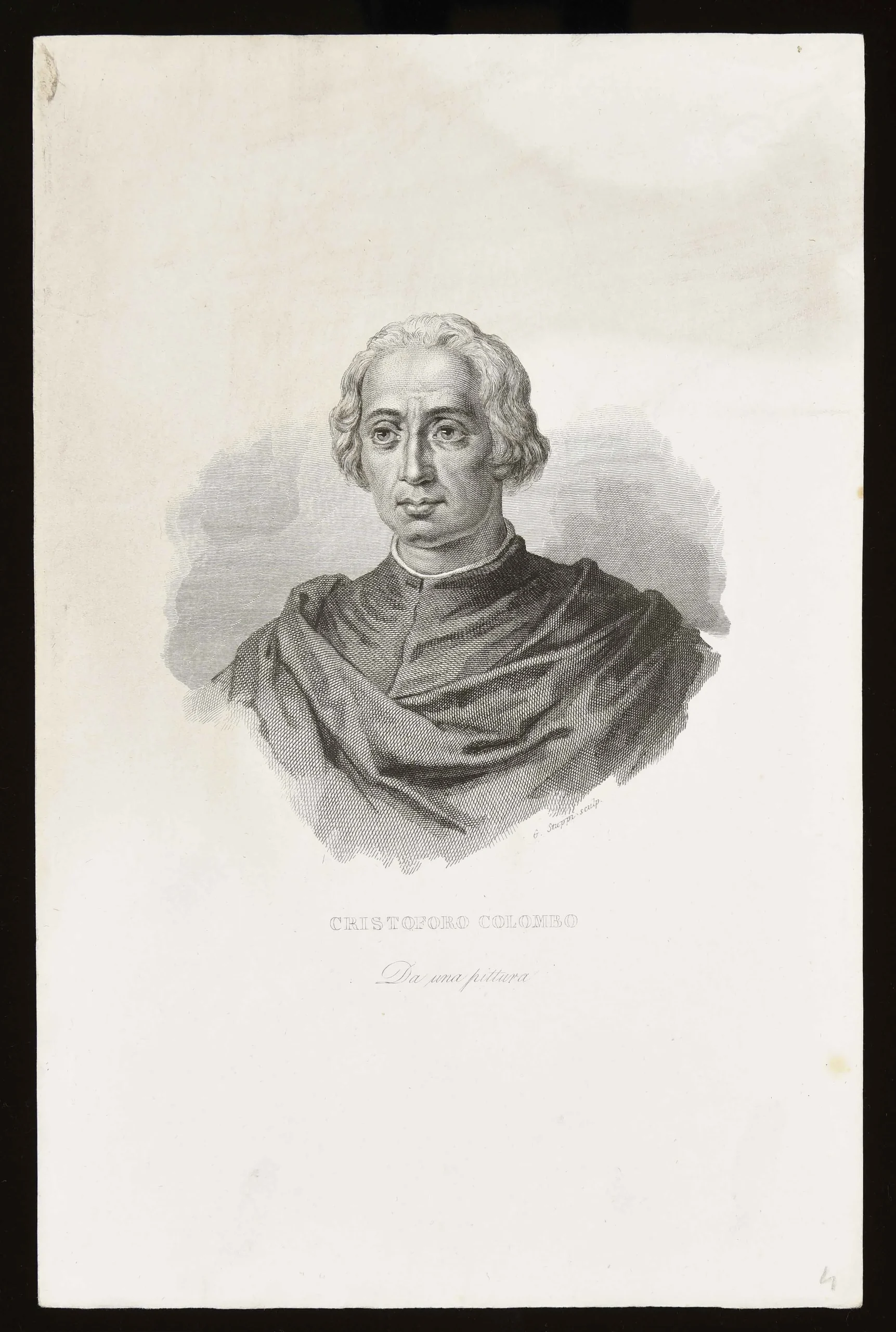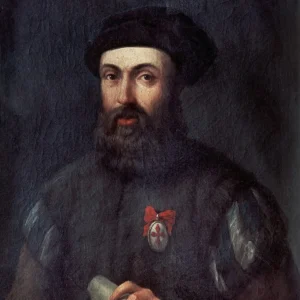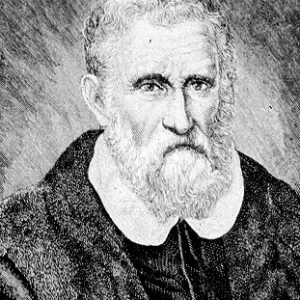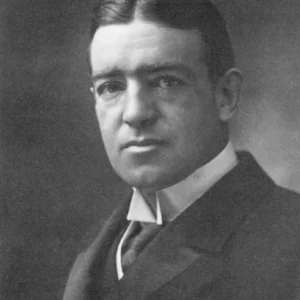Christopher Columbus, born between August 25 and October 31, 1451, in Genoa, Italy, is widely regarded as the explorer who opened the gates to the New World for Europe. His expeditions across the Atlantic Ocean led to the European discovery of the Americas, forever changing the course of history.
Early Life and Educational Background
Birth and Family Background
Christopher Columbus, or Cristoforo Colombo in Italian, was born to Domenico Colombo, a wool weaver, and Susanna Fontanarossa. Growing up in the bustling port city of Genoa, Columbus was exposed to the maritime culture that would shape his future endeavors. His early years were marked by a fascination with the sea and the promise of exploration.
Education and Early Influences
Columbus received little formal education but showed a keen interest in geography, astronomy, and navigation. He worked on merchant ships as a teenager, gaining practical experience in seamanship and navigation. Columbus was influenced by the writings of Marco Polo and other explorers, which fueled his ambition to find new trade routes.
Rise to Prominence
Early Voyages
Columbus made several voyages throughout the Mediterranean and Atlantic, visiting places like Africa and Iceland. During these journeys, he developed his skills as a navigator and honed his knowledge of currents, winds, and maritime routes. Columbus became convinced that he could reach Asia by sailing westward across the Atlantic, a belief based on his miscalculation of the Earth’s size.
Patronage and Support
After years of seeking support for his ambitious plan, Columbus finally received backing from the Spanish monarchs, King Ferdinand II and Queen Isabella I. In 1492, they agreed to sponsor his expedition, providing him with three ships: the Santa María, the Pinta, and the Niña.
The Groundbreaking Voyages
The First Voyage (1492-1493)
Columbus set sail from Palos de la Frontera on August 3, 1492, with a crew of approximately 90 men. After weeks of navigating uncharted waters, Columbus and his crew sighted land on October 12, 1492. They had reached an island in the Bahamas, which Columbus named San Salvador. Believing he had found a new route to Asia, he continued exploring the Caribbean, including the islands of Cuba and Hispaniola.
Subsequent Voyages
Columbus made a total of four voyages to the New World between 1492 and 1504. He explored parts of Central and South America, including present-day Honduras, Nicaragua, Costa Rica, and Venezuela. Despite his belief that he had reached the outskirts of Asia, Columbus’s journeys revealed the existence of previously unknown continents to the European world.
Contributions to Global Exploration
Impact on World History
Columbus’s voyages marked the beginning of the Age of Exploration, leading to increased interactions between Europe and the Americas. His expeditions paved the way for further exploration, colonization, and eventual conquest of the New World by European powers. Columbus’s discoveries had profound and far-reaching consequences, shaping the cultural, economic, and political landscape of the world.
Recognition and Honors
Despite facing criticism and controversy during his lifetime, Columbus received various honors and titles, including Admiral of the Ocean Sea and Viceroy of the Indies. His achievements were celebrated for centuries, and he became a symbol of exploration and discovery.
Personal Struggles and Triumphs
Overcoming Challenges
Columbus faced numerous challenges throughout his career, including skepticism from his contemporaries, mutiny among his crew, and political opposition. Despite these obstacles, his determination and vision drove him to persevere in his quest for new trade routes.
Legacy and Influence
Columbus’s legacy is a complex and contentious one. While he is credited with opening the Americas to European exploration, his actions also led to the exploitation and suffering of indigenous populations. His voyages marked the beginning of significant cultural exchanges, but they also initiated a period of colonization and conquest that had devastating effects on native communities.
Conclusion
Christopher Columbus’s life and work exemplify the transformative power of exploration and the impact of human curiosity on world history. His voyages across the Atlantic Ocean opened new horizons and forever changed the course of global interactions. From his early beginnings in Genoa to his status as one of the most renowned explorers in history, Columbus’s journey is a testament to the spirit of discovery and the pursuit of the unknown.
Through his expeditions, Columbus has left an indelible mark on the world. His contributions continue to be studied and debated, ensuring that his legacy as the man who found the New World endures for generations to come.




Pingback: Ferdinand Magellan: First Circumnavigator Of The Globe - Hivereads